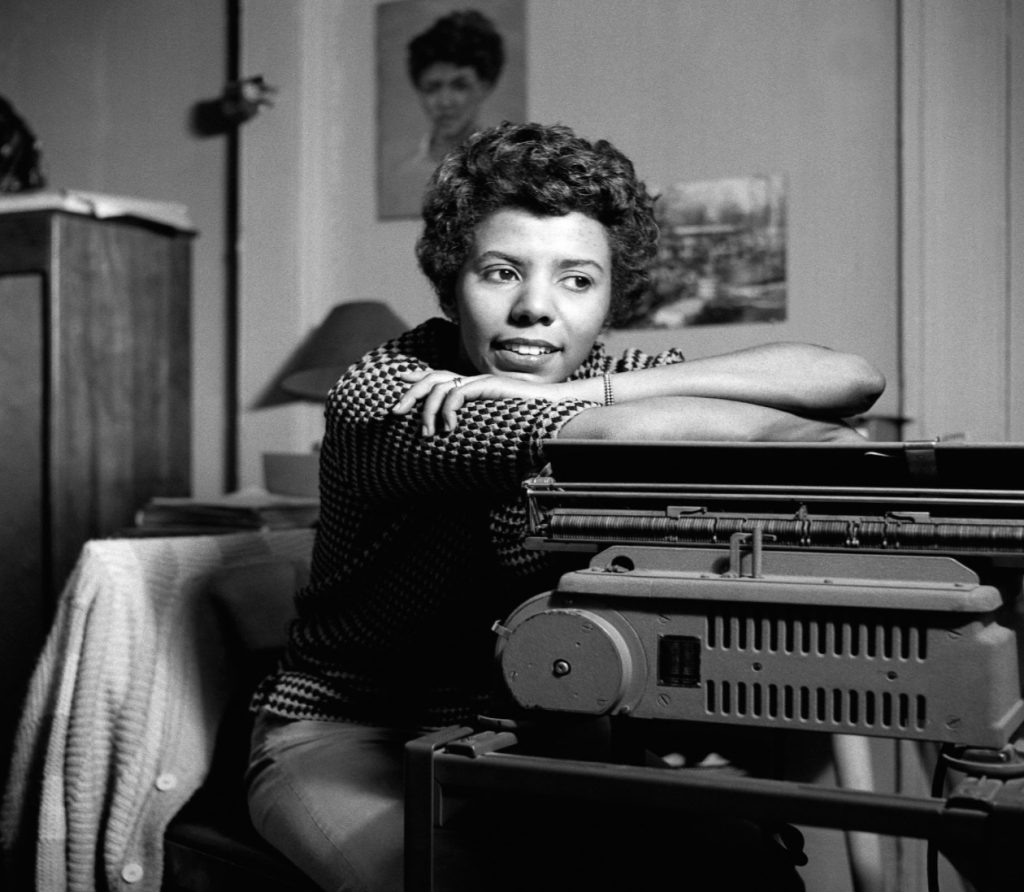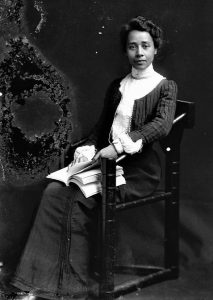
May 19th connects two Black luminaries pulled away to the ancestral realm too soon—Malcolm X and Lorraine Hansberry.
Hansberry—journalist, playwright and political activist—succumbed to pancreatic cancer, just a month before an assassin would strike down Brother Malcolm. They both were confident leaders, using passion and pen, to pull the masses to freedom and personified the ideal To Be Young, Gifted and Black.
It was May 1, 1964 and celebrated playwright Lorraine Hansberry, addressing a group of teenage national essay winners, extolled the power of Blackness.
“I speak with you on this occasion because you are young, gifted and black. I for one can think of no more dynamic combination a person might be…Look at the work that awaits you! Write if you will. But write about the world as it is, and as you think it ought to be…Write about our people. Tell their story.”
Though destined to an early grave, Hansberry (May 19, 1930 – January 12, 1965) achieved more in 35 years than most can imagine in multiple lifetimes. Heavily influenced by poet and then elder statesman Langston Hughes whose Dream Deferred inspired the title of her acclaimed play A Raisin in the Sun, Hansberry was the first Black playwright to show up on Broadway.
She opened the gates for August Wilson, Amiri Baraka and the next generation of Black (mostly male) playwrights and directors.
A Raisin in the Sun transformed theater, shattering the reality of Black family life and American racism onto the Broadway stage. That transcendent play portrayed the depth and emotions of spatial isolation encountered by a working-class Black family struggling to attain the intangible “American Dream.”
Hansberry, from a middle class background, was removed from the economic struggles of Raisin’s Younger family. But her lived experience was fused by the torment of hate and bigotry rampant in the nation’s segregated neighborhoods. When her family moved into a white Chicago neighborhood, they were greeted by a cement block thrown through a window that narrowly missed young Lorraine’s head. Her father, Carl Augustus Hansberry, was the named plaintiff in a lawsuit against racially restrictive covenants that was successfully carried to the U.S. Supreme Court.
At 21 Hansberry relocated to New York, taking a job with Freedom, a Pan Africanist journal published by Paul Robeson. As a young journalist, she covered the Sojourner for Truth and Justice ground-breaking meetings convened by Black women activists in Washington, DC. taking on U.S. government repression.
She also covered the case of Willie McGee, a Black man who was executed by Mississippi for allegedly raping a White woman. That derailment of justice inspired 21-year-old Hansberry to write the poem Lynchsong.
When Robeson’s passport was seized by the U.S. government he chose his young protégé Lorraine to represent him at a major peace conference abroad. Hansberry traveled globally and wrote about Pan-Africanism and anticolonialism around the world.
She was also deeply centered in the Black Arts explosion and used her literary voice to inflict lashes against racism, patriarchy and inequality worldwide.
James Baldwin counted Hansberry among his trusted political comrades. He reportedly would not schedule a meeting in 1963 with then Attorney General Robert F. Kennedy and 10 Black cultural leaders until he could confirm Hansberry’s attendance.
During that heated session with the Attorney General Hansberry, defending the remarks of a disaffected youth freedom rider attending the meeting, told Kennedy, “If you can’t understand what this young man is saying, then we are without any hope at all because you and your brother are representatives of the best that a White America can offer; and if you are insensitive to this, then there’s no alternative except our going in the streets … and chaos.”
The meeting ended when Hansberry rose, walked out, to be followed by Baldwin and the other Black leaders. She was branded a radical by Kennedy aides who would later malign Hansberry, saying she called for the arming of Black youth and the killing of White people.
Hansberry was unapologetic about her radical activism. A beneficiary of the Harlem Renaissance and the explosion of Black Arts, she was immersed in radical Black lesbian feminism in a period before the movement had even solidified.
While Hansberry’s short hour on life’s stage was all too brief, her’s was a prolific voice that maximized every moment with pathos and meaning.
Gwen McKinney is the creator of Unerased | Black Women Speak and is the founder of McKinney & Associates, the first African American and woman-owned communications firm in the nation’s capital that expressly promotes social justice and public policy.




